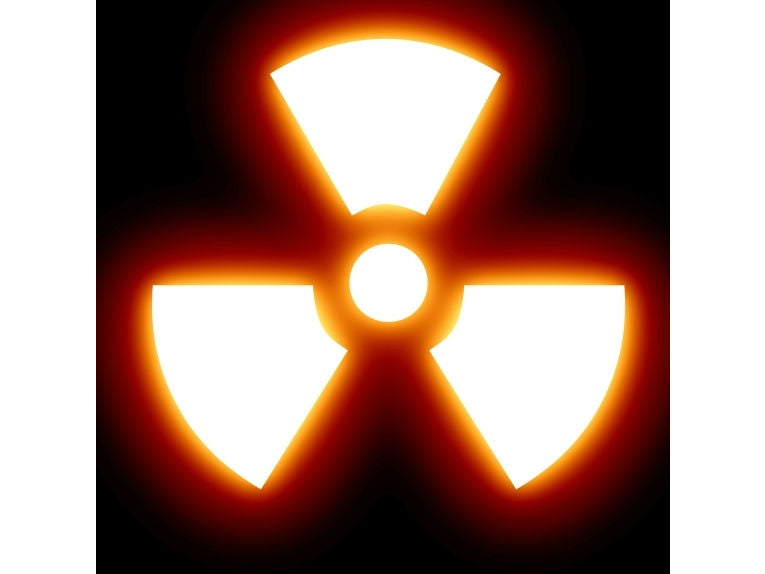ith Germany's plan, announced yesterday, to throw-away its nuclear-power crutch by 2022, the country becomes the first industrialized nation to signal, that, a nuclear solution to a low-carbon world is no solution at all. But however dramatic the lead being given, in the post-Fukushima world, Greenpeace today laid out an even quicker road-map to a nuclear-free Germany - a shortcut that could see nuclear power plants gone by 2015.
Chancellor Merkel has been under pressure on the nuclear issue, ever since the Fukushima disaster reinforced the strong anti-nuclear sentiment in the country. But many also see the ebbing political support for her CDU party as the catalyst for yesterday's announcement. Her party may need Germany's strong Green party as a partner, if it is to stay in power in 2 years time. The shutdown plan will see 8 of the oldest nuclear plants taken off-line immediately - with another 6 to follow by 2021.
But Greenpeace has already done a comprehensive study, into the potential for re-balancing the German power mix over the next decade. And in reassessing that report, it reckons a nuclear shutdown can be done in as few as 4 years, without hitting limits to power supply - whilst still putting Germany onto a path to a dramatically lower emissions target.
The key lies with fully using the already generous supply-overhang in the German power system - and a stronger emphasis on solar, wind and efficiency gains. Germany has a comprehensive plan already in-place to boost its natural gas power generation capacity - by 8 GW by 2015.
Factor in the five offshore wind farms, coming online over the next 5 years, plus an increased investment in solar power (of which Germany is a leading player) and the 29 GW of added supply is more than enough to compensate for the 11 GW lost, from closing down nuclear power.
In fact Greenpeace suggests that it may be possible to accelerate the closure program of older coal-fires power stations too - so that any rise in overall carbon emissions is held to a blip. By ensuring that only gas-fired plants replace coal power stations, and investing in the latest combined heat and power generation technology, their report forecasts a 40%-plus reduction in greenhouse gases by 2020, when compared to 1990.
The announcement by Greenpeace stresses the need to advance the nuclear close-down, as an important gauntlet thrown down to the rest of the industrialized world. In a press release they say that "by hanging on to fossil and nuclear addictions, we are not only gambling with the planet's future, we're wasting time and money. A world powered by renewable energy is within our grasp - and Germany has shown that a combination of popular support and political courage can make this happen."










